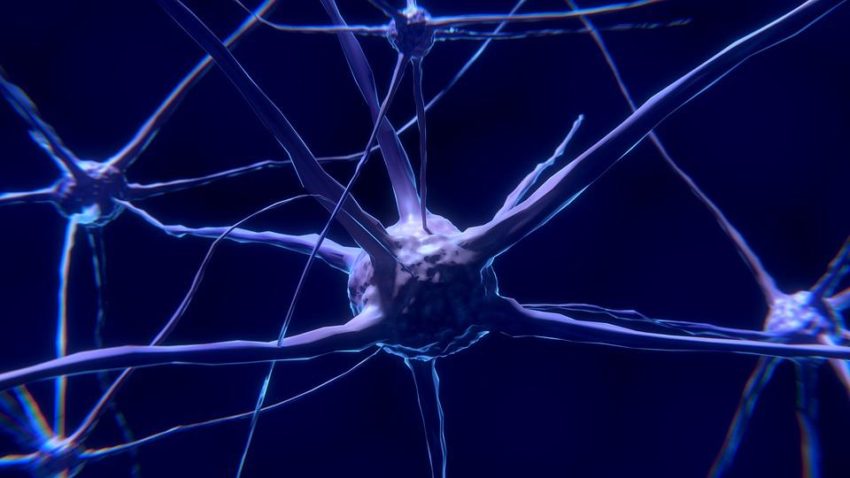
Learning from Nature: Research Technologies of the Future
Posted By admin / 24th Jan, 2018
The future of medical research technologies is biomimetic. In this context, biomimetic refers to the scientific practice of learning from and imitatively engineering the structures and systems found in nature (in living organisms) in order to investigate complex biological questions and to manage and solve complex medical problems.
“Living organisms have evolved well-adapted structures and materials over geological time through natural selection. Biomimetics has given rise to new technologies inspired by biological solutions at macro and nanoscales. Humans have looked at nature for answers to problems throughout our existence. Nature has solved engineering problems such as self-healing abilities, environmental exposure tolerance and resistance, hydrophobicity, self-assembly, and harnessing solar energy” – Wikipedia.
Biomimetics (also known as biomimicry) is an approach that is especially promising in the analysis of high-dimensional data of single-cell technologies. Manual analysis of this sort of complex data is extraordinarily time consuming and difficult to reproduce since subjective bias and human error are introduced into the data in ways that are impossible to disambiguate.
Through deep learning, a class of machine learning, or artificial intelligence (AI), based in biomimetics, is the solution to the problem of manual analysis. This type of AI operates through artificial neural networks that mimic the interconnected structures of the human brain and are capable of sophisticated, reproducible, bias-free and error-free analysis of high-dimensional data.
This kind of biomimetic AI has already resulted in exponential breakthroughs in the last decade in speech recognition, image recognition, and language processing and is the driving force behind platforms such as Google Translate and AlphaGo. In the field of medicine, biomimetic AI generates opportunities for collaboration and creative application of deep learning methods across disciplinary specialties and represents a revolution in research technologies.
For patients, the field of biomimetics as comprising the research paradigm of the future is fast emerging. Deep learning AI is already being effectively employed in oncology for assessing prognostic and diagnostic outcomes and creating highly personalized treatment plans.
At Lifecycle Biotechnologies, in our role of providing leading-edge tools and services to the life science industry, we’re committed to keeping abreast of the latest scientific discoveries and breakthroughs. In doing so, we aim to better understand and respond to the needs of the rapidly evolving industry and support our diverse client population across multiple disciplinary domains and market divisions.
If you’d like to see how our innovative tools and services can help you scale for the biomimetic research paradigms of the future, contact us today and see what we can do for you.


